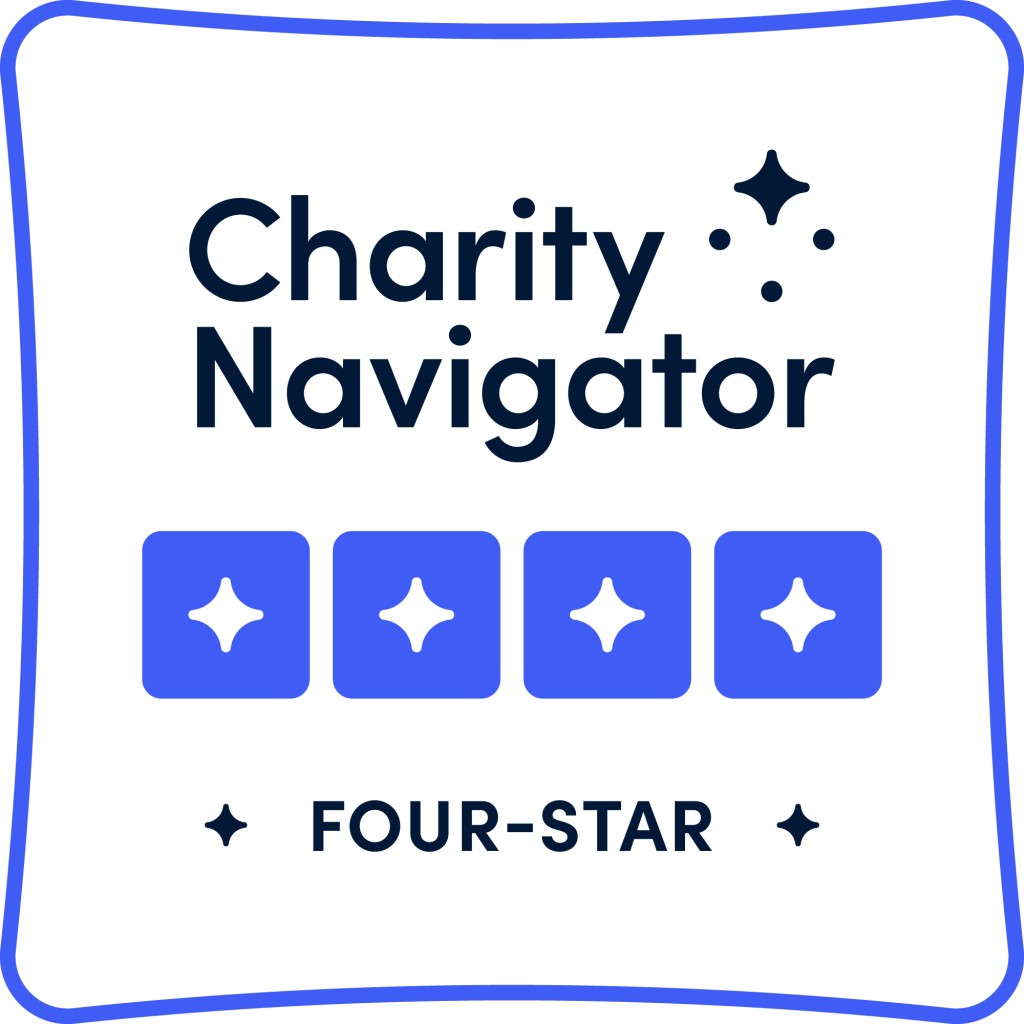My first symptom — abdominal pain — started eight months before my diagnosis. Because I had been healthy my entire life, and because the pain came and went through the months and wasn’t consistent, I didn’t think it was serious. Twice I thought it might be a urinary tract infection: I saw a same-day physician assistant the first time and later a nurse practitioner. But ovarian cancer is very commonly misdiagnosed because the symptoms are vague and easily mistaken for everyday ailments. Pelvic pain could be cramps. Fatigue could be from a busy schedule. Abdominal swelling could be from last night’s dinner.
It wasn’t until my abdomen started swelling enough to make me look four months pregnant that I made an appointment to see my family physician last December. She took one look at me and my family history of cancer (there’s a lot of it) and was worried right away. Six days, an ultrasound, a CT scan, and a whole lot of blood tests later, I was called into her office and told to bring my partner with me. We braced ourselves, knowing it wasn’t going to be good news. But nothing prepares you for the moment when you find out you have cancer.
It was two days before Christmas, my favorite time of the year. I should have been wrapping gifts or baking cookies with my kids. Instead, I sat in the doctor’s office while she tearfully explained that it had already metastasized throughout my pelvis, my liver, kidneys, bowel, and spleen, and was trying to spread its way up to my lungs. I was devastated. In between sobs, I asked, “Is this going to be my last Christmas?” My doctor responded softly. “I don’t know.”
Cancer type is determined by the original site of the malignancy. Mine started on my ovaries, but by the time I had my biopsy on Dec. 27, it was all over my abdomen. But at 43 years old, with a 14-year-old daughter and an 8-year-old son who were much too young to lose their mother, there was no way this was going to beat me.
The weeks and months that followed were surreal and emotional. With support from Swedes, I managed to continue working through my first three rounds of chemo. I lost my red hair, I grew weaker, and I fought through the pain and sickness. I’m lucky in that I responded really well to the treatment and was in good shape for my March 17 debulking surgery in Madison. They gave me a total hysterectomy, re-sectioned my bowel, resectioned my diaphragm, cut cancer off my other organs, and removed my spleen.
The timing, of course, couldn’t have been worse. I was in the hospital the week that COVID-19 shut everything down. My partner, Gareth, was the only visitor with me in the hospital, and even he wasn’t allowed there on my last day. I also couldn’t have visitors for my final three rounds of post-surgery chemo. They were long days in the little chemo rooms, all by myself.
Six months after my diagnosis I got the good news. “No Evidence of Disease.” They call it “NED” instead of “cancer-free” because there’s no way to know for sure they got all of the cancer cells. As with all cancers, your chances of avoiding recurrence are better the sooner it’s detected. As a Stage IV ovarian cancer patient, the numbers tell me there’s a 90% chance the beast will return in my lifetime. My situation is particularly challenging because I tested positive for the mutated BRCA1 “cancer” gene. I’ll be on oral chemo medication to keep it at bay indefinitely. I am a cancer survivor now. But the terror is far from over. Not a day goes by that I don’t worry that it’s returning. I hold my head high and remain positive for my loved ones. I pray that I am one of the lucky ones who survive for years following my diagnosis, that I’ll be here for my daughter’s graduation, and that I’ll dance with my son at his wedding.
Ovarian cancer has taught me SO much. It’s taught me to appreciate life and all the little moments. It’s taught me how blessed I am with so many friends and family members who care. It’s taught me life is short, so don’t waste time worrying or trying to please others. It’s taught me that it’s OK to be vulnerable, to say “No,” and to ask for help sometimes. It’s taught me that I need to take care of myself as well as I take care of my children so that I can continue to be here for them. I would tell a newly diagnosed patient how sorry I am, that this is not going to be easy, and their life will never be the same. But then I would tell them to roll up their sleeves and get ready to fight because you can do this! Lean on your loved ones, stay positive, cry when you need to.
As odd as it sounds, I feel some days like I’ve been given a gift. Until you have stared your own mortality in the face, you have no idea how precious life is and what is really important. The brave people I’ve written about through the years understand. And now, weakened and scarred, but somehow stronger and prouder, I know how it feels to be a survivor myself.
Emily Tropp
Emily Tropp was diagnosed with Stage IV ovarian cancer in December 2019 at the age of 43. With the help of her partner, Gareth, and her children, Grace (14) and Ethan (9) she went through six rounds of chemo and surgery and has been NED since June 2020. She works as a public relations specialist for SwedishAmerican Health System in Rockford IL.




